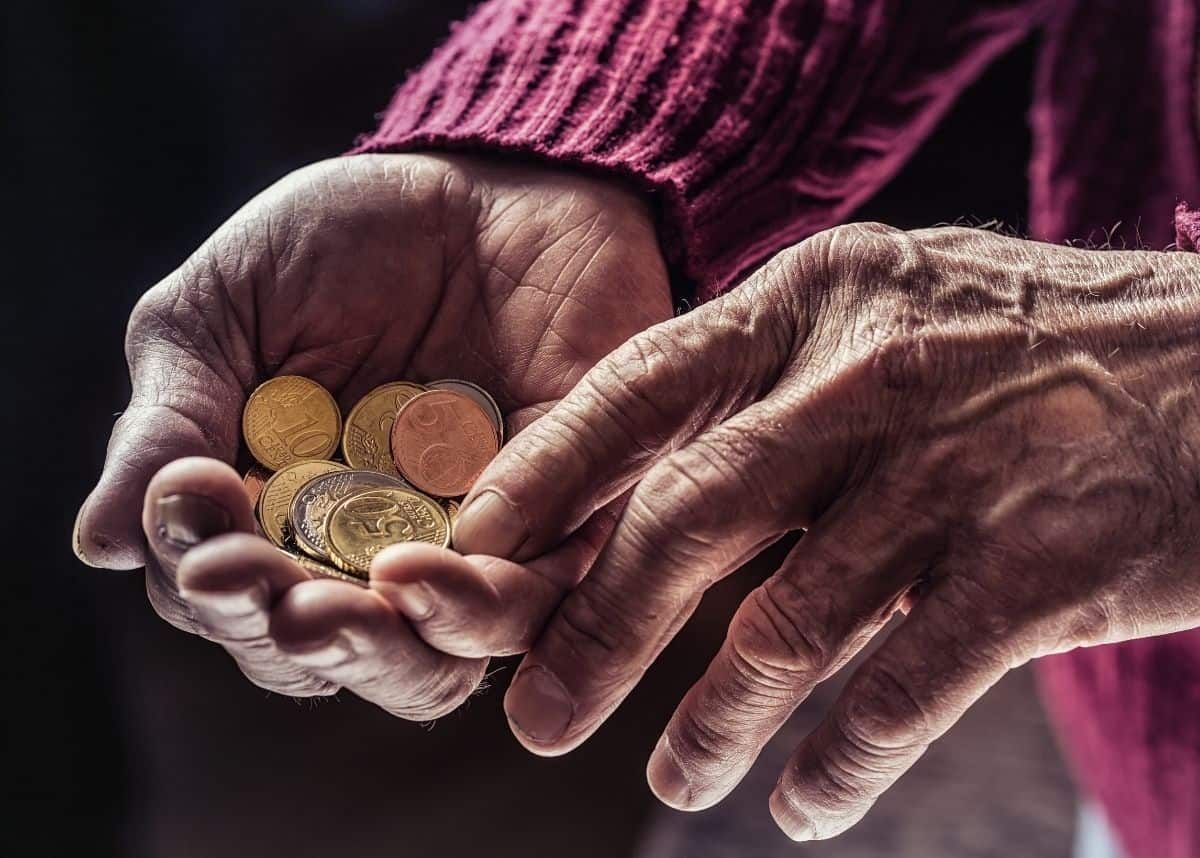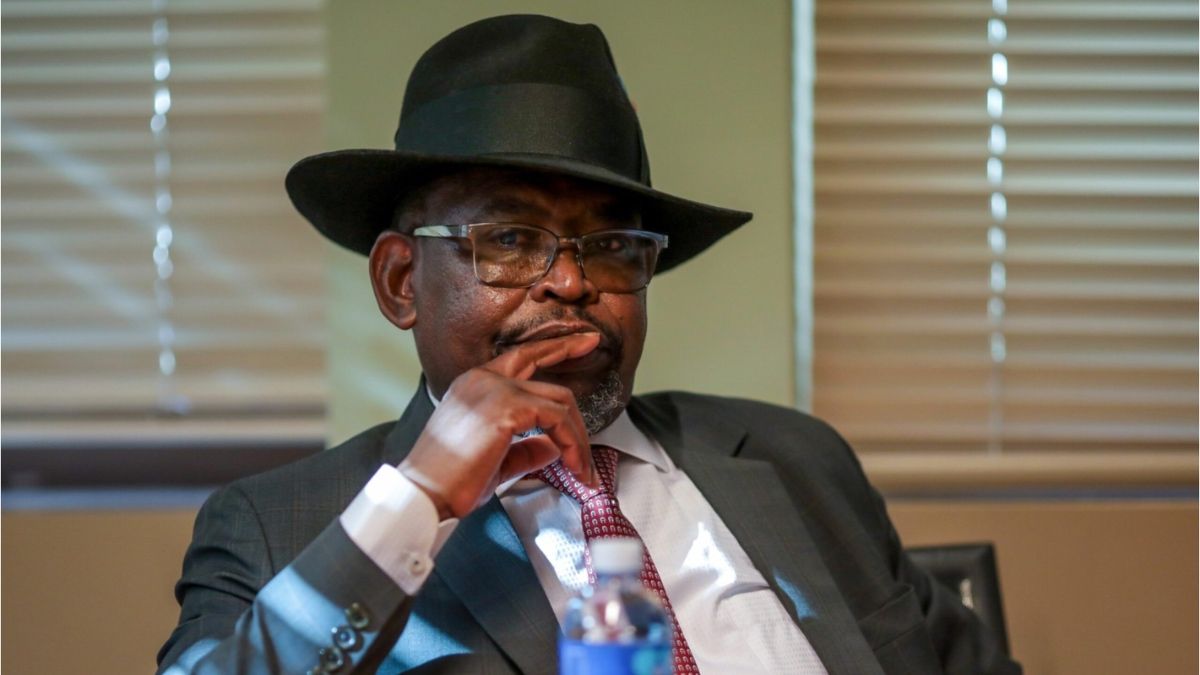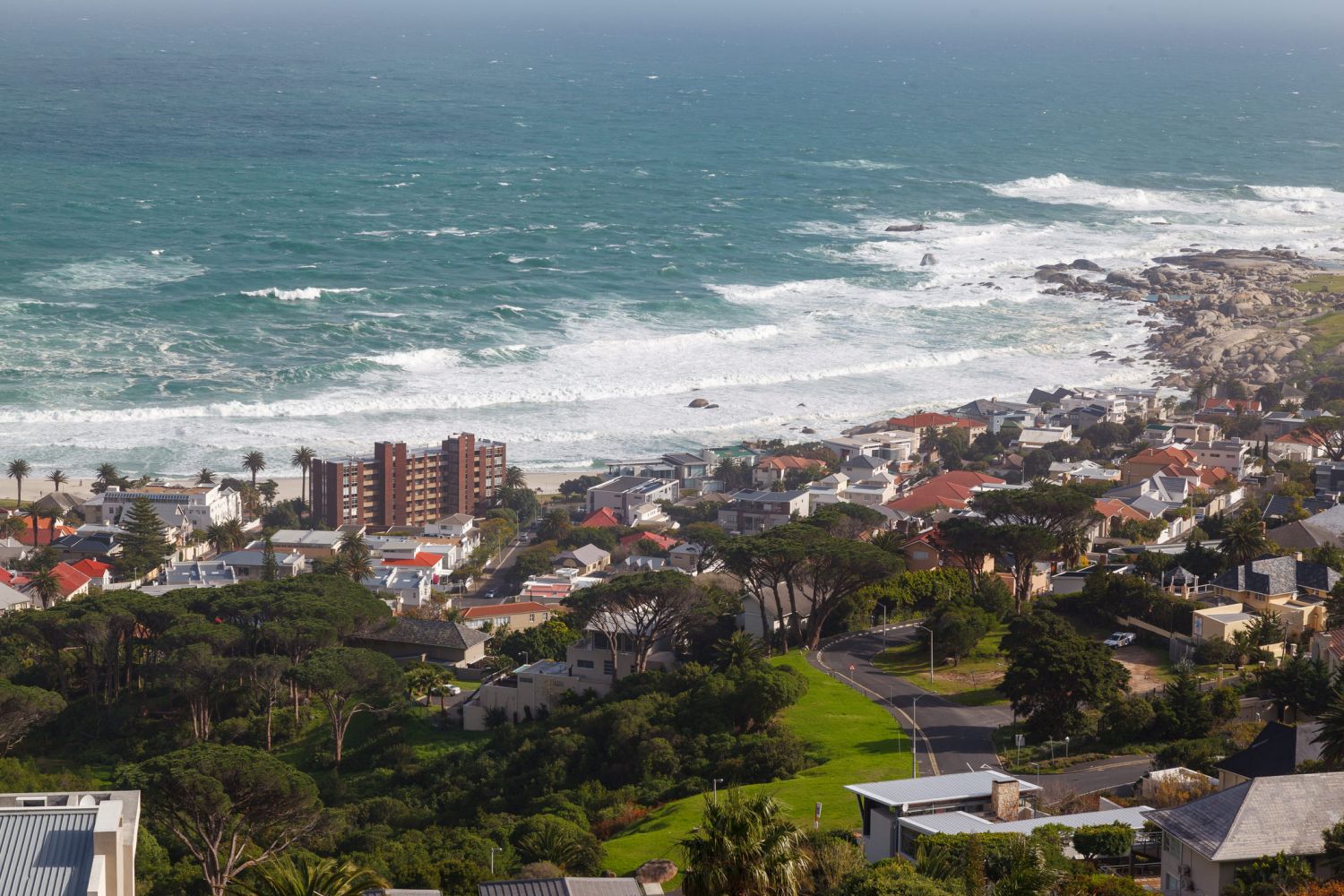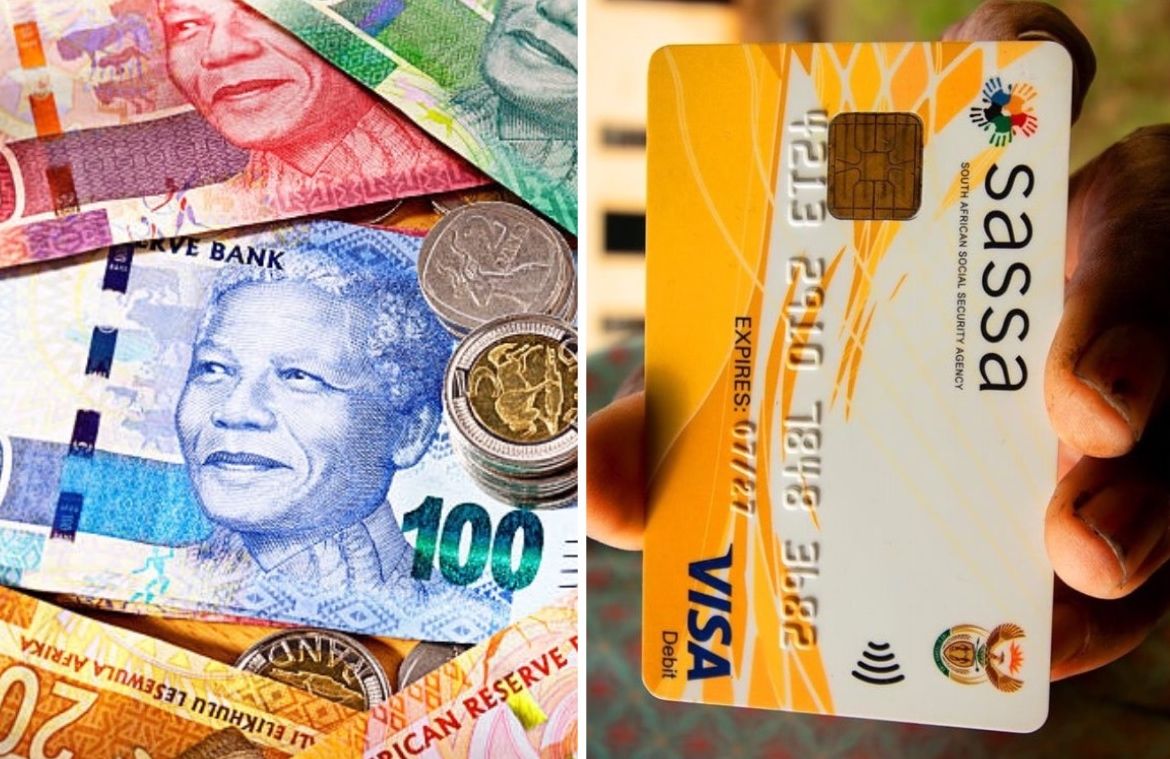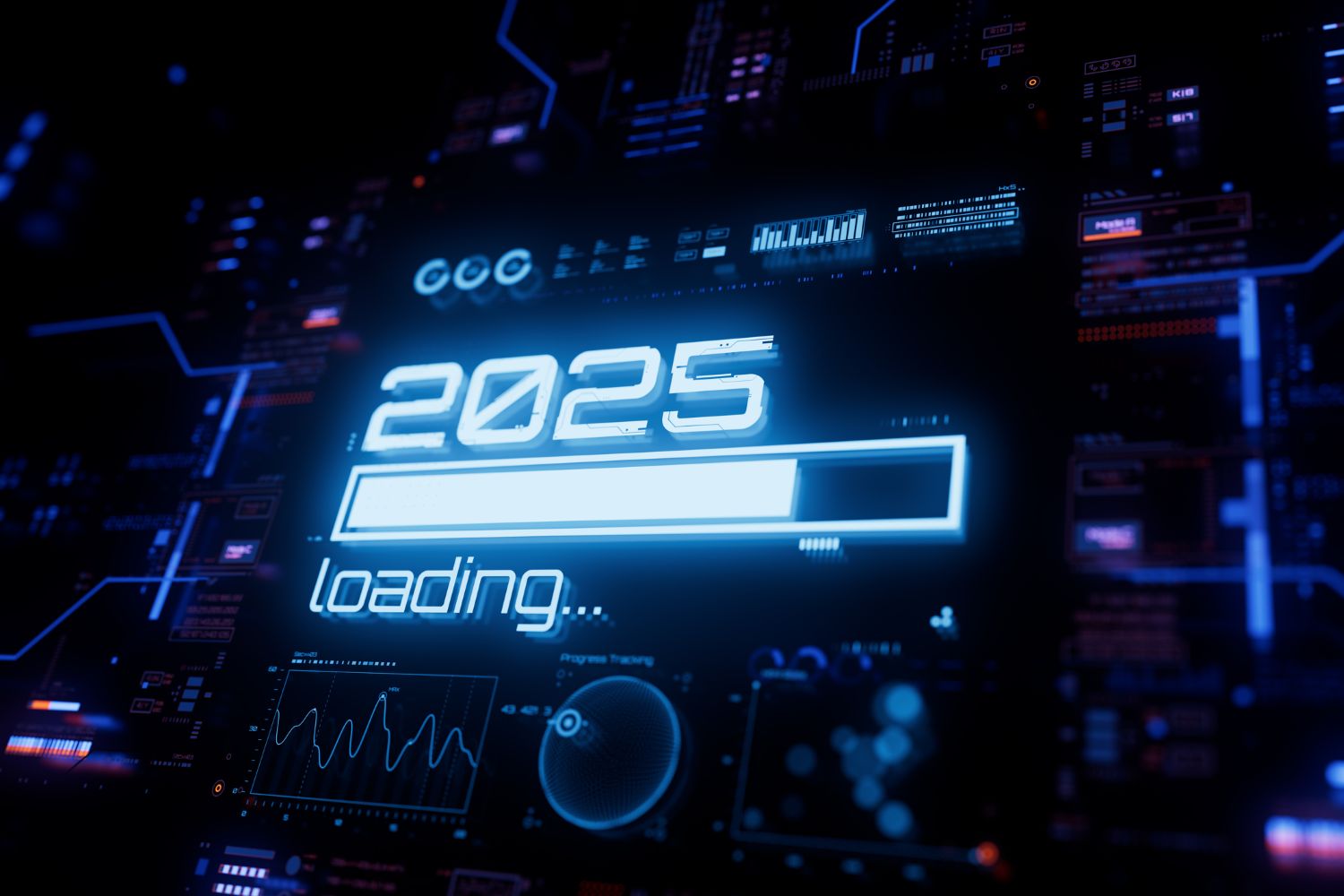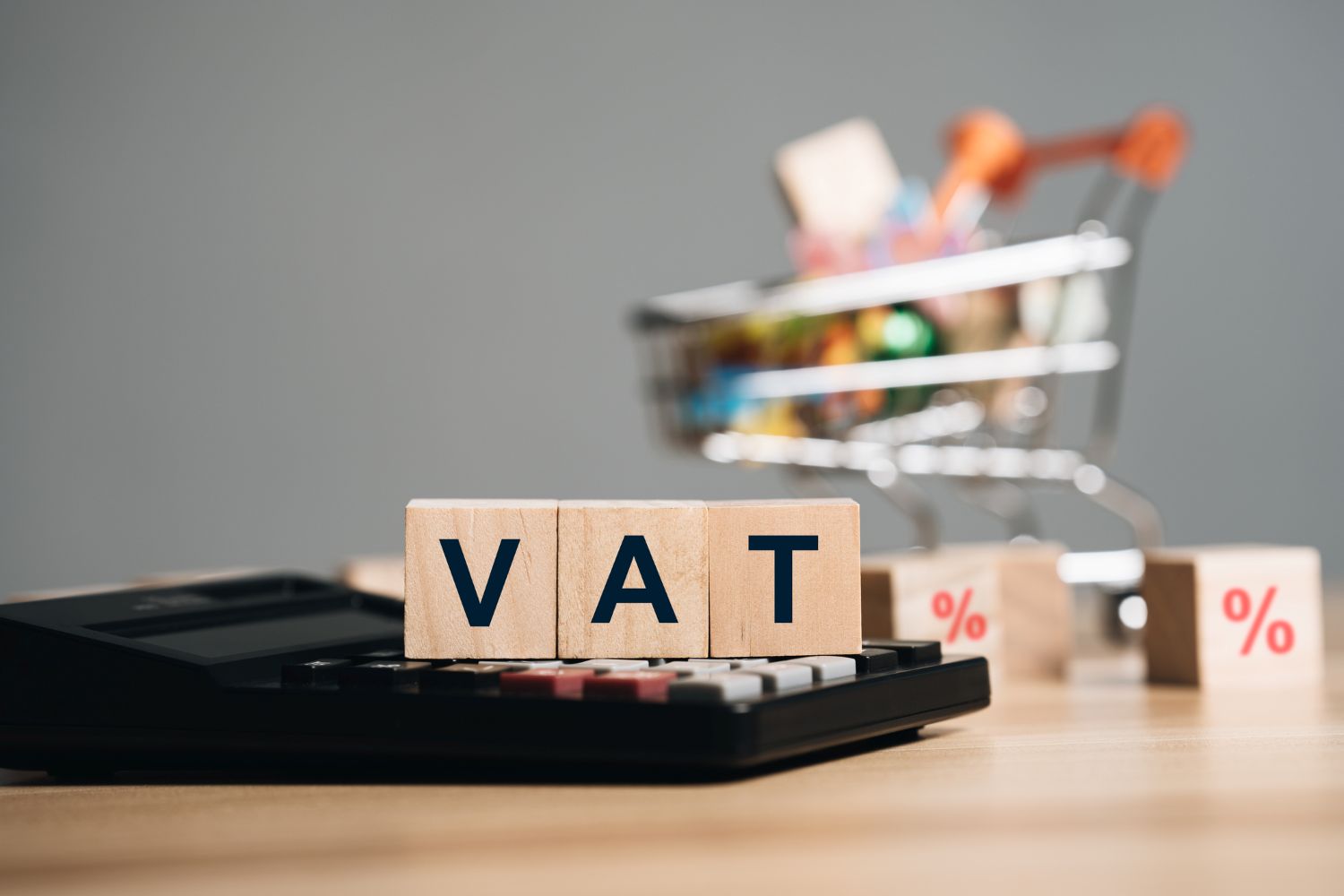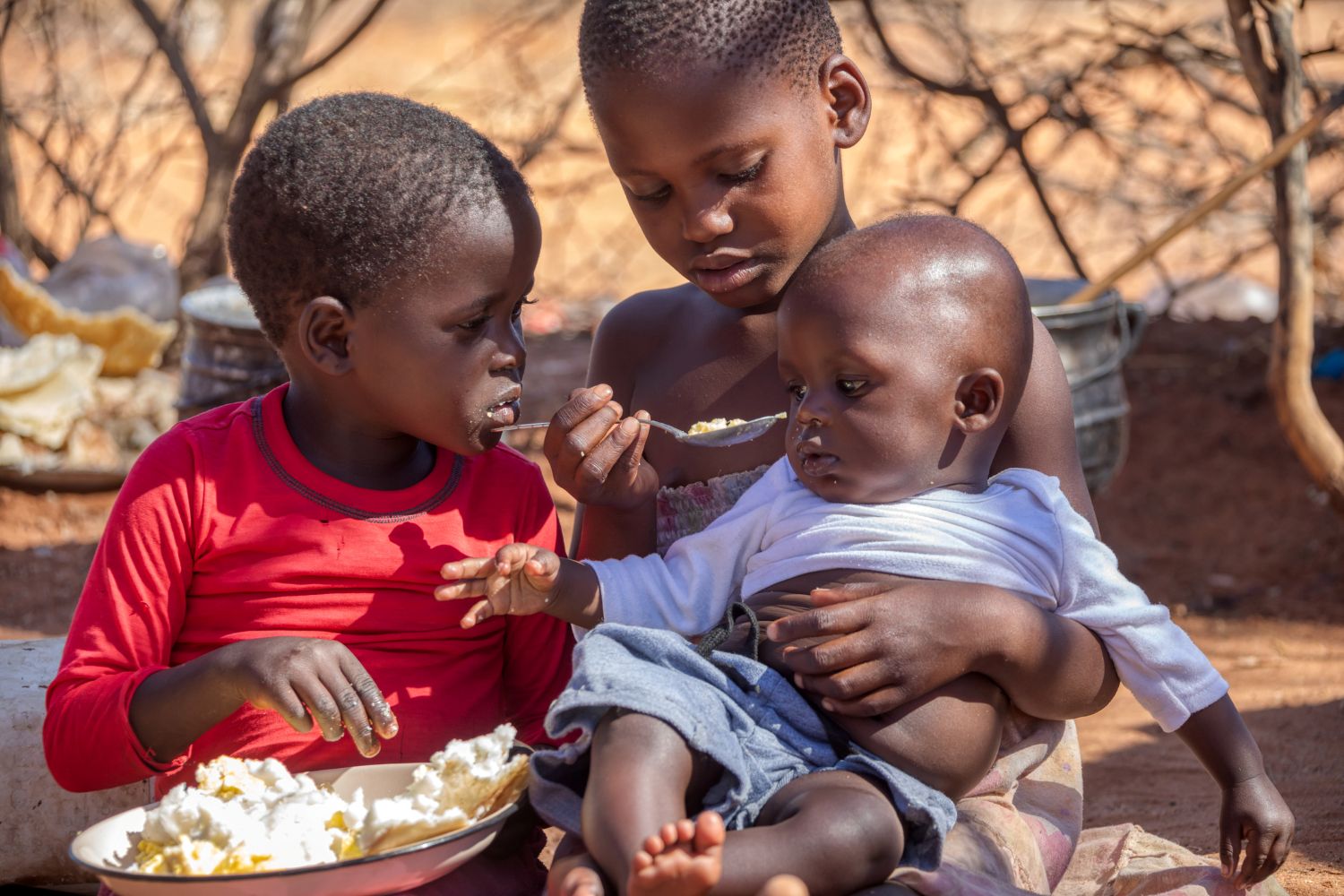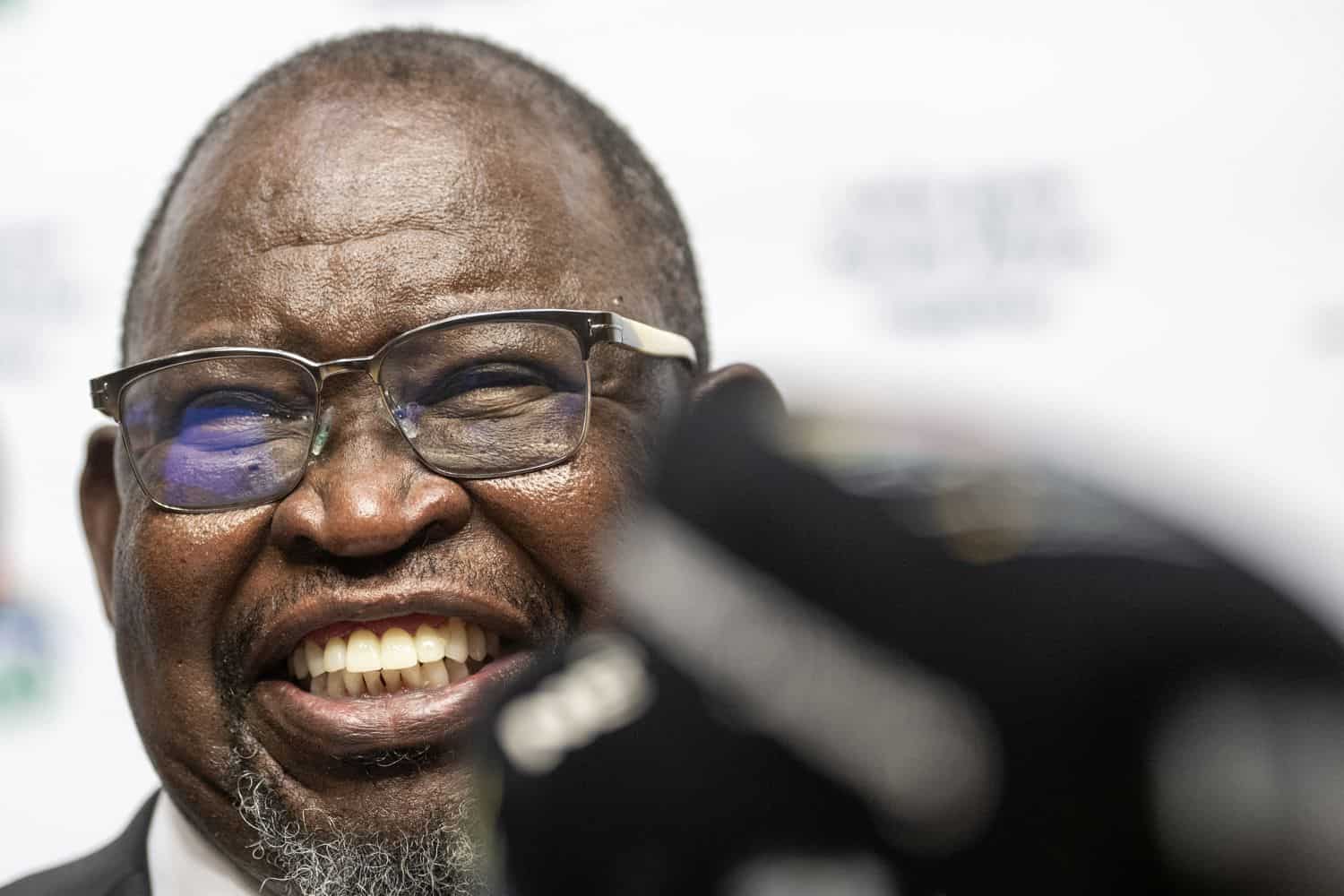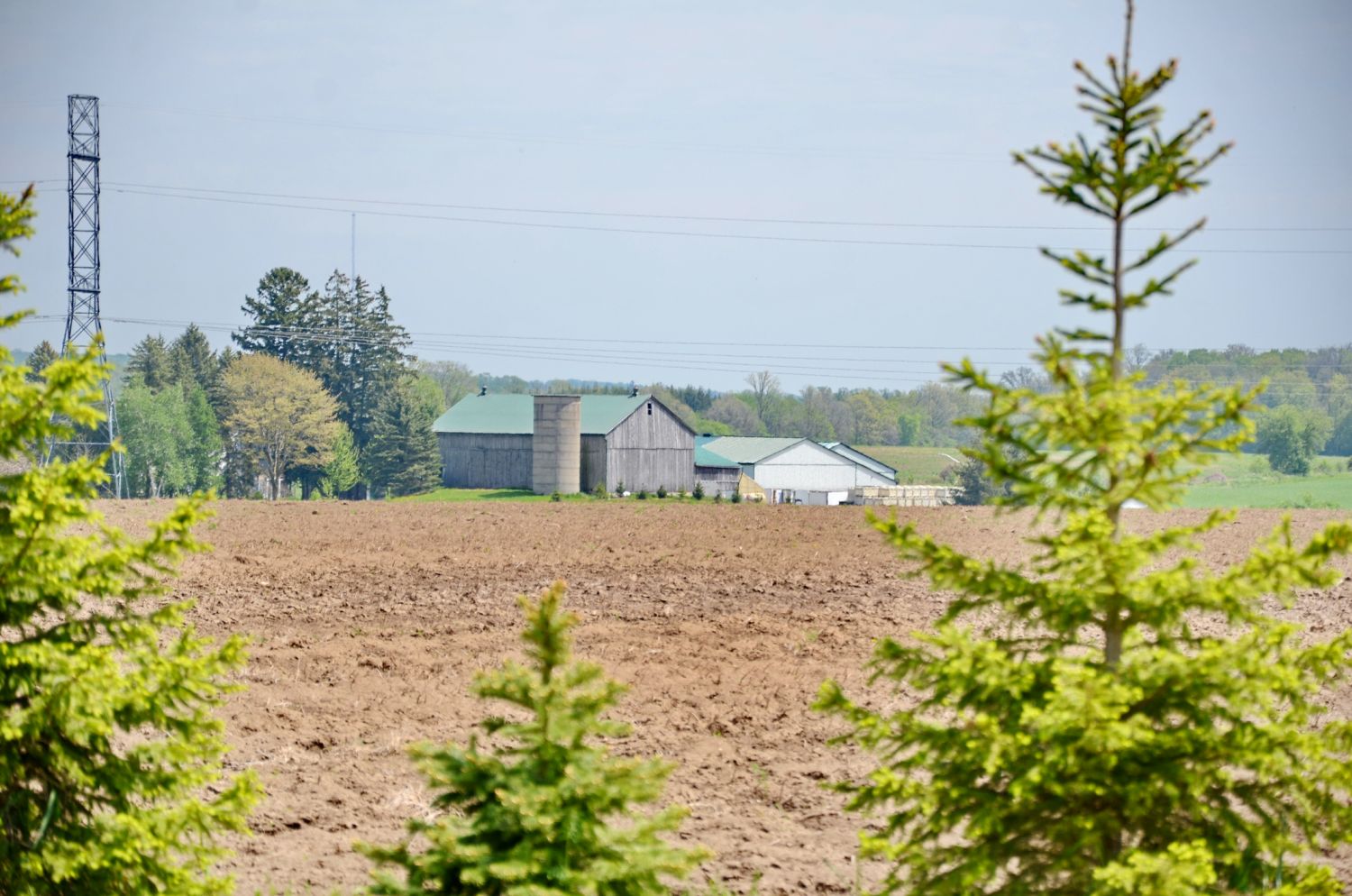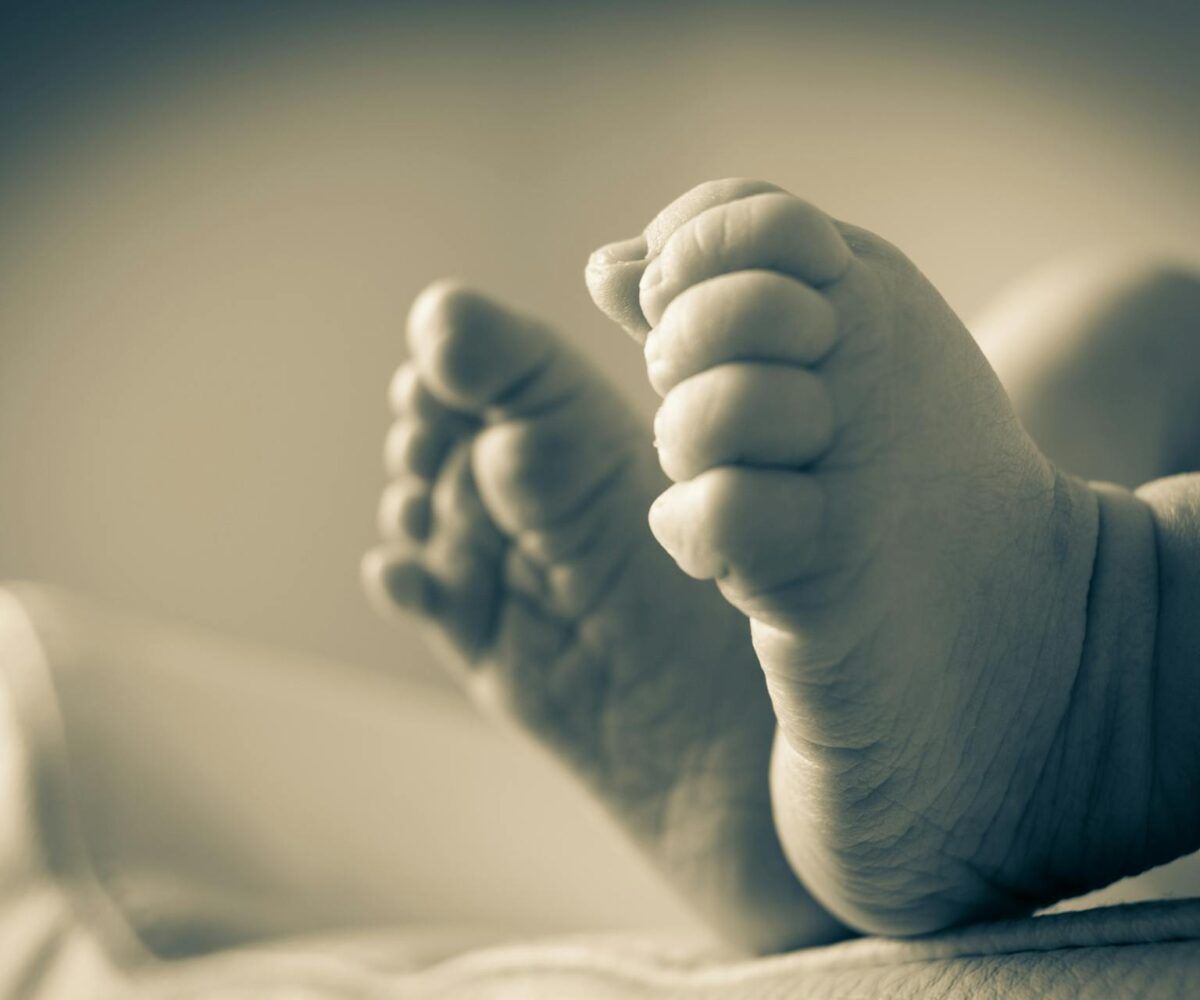Tax collections came in just below the October forecasts for the 2024/25 tax year. The South African Revenue Service (Sars) was able to collect R1.84 trillion, which is R19.3 billion less than forecast in last year’s main budget in February.
Sars was able to reduce the October estimated shortfall of around R22 billion on the back of a larger-than-expected tax collection from the two-pot retirement withdrawals and growth in consumption due to lower interest rates because of lower inflation.
Sars Commissioner Edward Kieswetter said during a media briefing in Cape Town with National Treasury ahead of the planned budget speech (which was later called off) that the “tax take” on the withdrawal from retirement funds overshot the original estimate of R5 billion – by R6 billion.�
The withdrawals released an additional R43 billion into the economy. Consumer spending also increased because of the lower interest rates flowing from lower inflation.
ALSO READ: What Budget 2025, although not delivered, shows – economist
Lower fuel levy collections
Kieswetter added that the two factors driving revenue collections down were the fuel levy, which was not increased during the February budget last year, and wrong assumptions of growth in imports.
(The draft 2025 budget – which ended up not being tabled in parliament on Wednesday after government was forced to postpone the budget speech in the wake of a dispute around its proposed Vat hike and not securing cabinet support for the move – also proposed no increase in fuel levies for a fourth consecutive time this year).�
“The only thing that can affect the total amount of levy that we collect is consumption. However, consumption is down almost 11%,” said Kieswetter.
In the absence of load shedding, Eskom burned less diesel to keep the lights. Industry has been able to switch from diesel to rooftop solar in emergencies.�
According to Kieswetter, there has been a drop of 1.6 million litres in fuel consumption, which translated into R15 billion less from fuel levy collections for the fiscus.�
In addition, he said growth in imports was overestimated at around 3.8% for the 2024/25 year. Instead, there has been a contraction of 1.3%.
“This big swing has had a direct impact on the amount of customs duty on imports that Sars collected and the amount of Vat that it could charge on the imports.”
ALSO READ: Budget 2025: Was the decision to increase VAT by 2% such a bad idea?
The big taxes�
Income from personal income tax was estimated at R738.7 billion, but Sars is expected to collect around R4.4 billion less (R734.2 billion).
Things looked good during the first 10 months of 2024 when personal income tax collections grew at 13%. However, it was adjusted downward in line with a weaker outlook for employee compensation.
Vat collections are expected to come in at R459.9 billion for the 2024/25 tax year, slightly lower than the estimated R476.7 billion.
In contrast, corporate income tax collections are expected to outperform 2024 budget estimates. The revised estimate for corporate income tax is R314.6 billion, which is R11.9 billion more than the original estimate.�
ALSO READ: Budget speech: VAT increase decision not made by someone who knows hunger
Tax proposals�
The most controversial tax proposal was the plan to hike Vat by two percentage points – from 15% to 17%.
But this is what led to Wednesday budget speech being cancelled, after Finance Minister Enoch Godongwana and National Treasury failed to get cabinet buy-in for the move. A new date for Budget 2025 has been set for 12 March.
The tax proposal in the untabled budget documents and undelivered budget speech forecast raising an additional R58 billion in tax collections, with the largest contribution coming from the increase in the Vat rate.
Smokers and drinkers were set to again face higher-than-inflation increases for alcohol and tobacco products. However, the increases may need to be adjusted in the redrafted budget set to be now announced by Godongwana in March.
The health promotion levy or ‘sugar tax’ also did not increase in the draft budget. It remains to be seen if this will still be the case in March. �
ALSO READ: Budget speech: Why Godongwana wanted a VAT increase of 2%
Some relief … for some
The government realised the regressive impact of the two-percentage-point Vat increase plan and proposed several measures to “cushion” the impact on particularly poorer households.
To achieve this, it proposed that higher-earning individuals get only partial relief from the effect of bracket creep.
According to the draft budget documents, only the bottom two personal income tax brackets were set to receive full inflationary relief. However, this move may also change in a redrafted budget.�
Treasury also proposed higher-than-inflation increases for social grants, which was expected to cost the taxpayer R6.2 billion more in 2025 and R23.3 billion over the medium term.
It proposed a budget of R35 billion to keep the Social Relief of Distress (SRD) grant going for another year, but pencilled in a provisional allocation of R75 billion over the medium term.
A Treasury official noted that the allocation was “provisional in the sense that a decision is yet to be taken on the future of the SRD”.
Godongwana said the recent high court decision that could see this grant double in value and triple in the number of beneficiaries will be taken on appeal.
This article was republished from Moneyweb. Read the original here.

